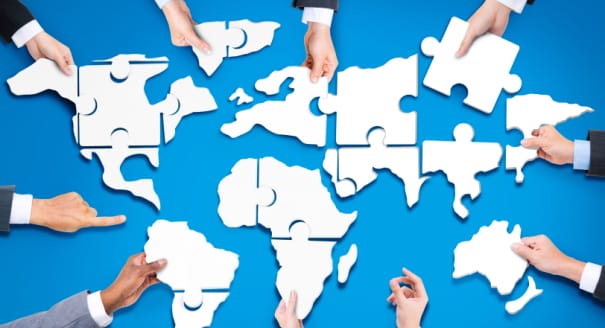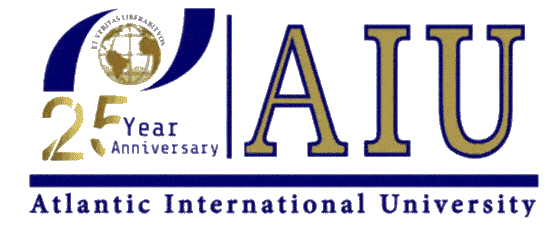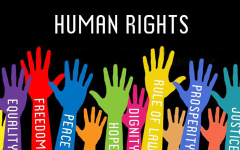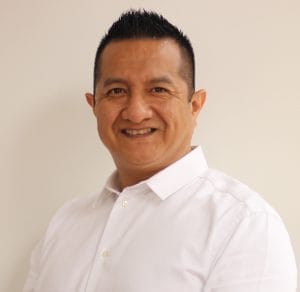Human Rights and Global Governance: Bridging International Efforts for Universal Justice
April 18, 2024 2024-04-18 14:52Human Rights and Global Governance: Bridging International Efforts for Universal Justice

Human Rights and Global Governance: Bridging International Efforts for Universal Justice
In a world fraught with inequality, conflict, and systemic injustice, the protection and promotion of human rights remain paramount. Global governance plays a crucial role in this endeavor, acting as a framework for international cooperation and legal standards that uphold human dignity and freedom. This article explores the intersection of human rights with global governance, examining how international institutions, laws, and cooperative efforts can enhance human rights protection worldwide.
Understanding the Framework of Global Governance
Global governance refers to the collective management of global issues by international organizations, nation-states, and various transnational actors. In the context of human rights, global governance encompasses the laws, norms, and institutions that guide and enforce standards of human dignity and freedom across borders. Key players in this framework include the United Nations (UN), the International Criminal Court (ICC), and regional bodies like the European Court of Human Rights (ECHR) and the African Union.
The Role of International Institutions in Human Rights
- The United Nations: The UN is the cornerstone of global efforts to promote human rights. The Universal Declaration of Human Rights (UDHR), adopted in 1948, serves as the foundational text for international human rights law. Various UN agencies, such as the UN Human Rights Council and the Office of the High Commissioner for Human Rights (OHCHR), work to monitor and address human rights abuses.
- International Criminal Court: The ICC investigates and tries individuals charged with the gravest offenses against human dignity, including genocide, war crimes, and crimes against humanity. Its role is to ensure that no one, irrespective of status, is immune from legal accountability.
- Regional Organizations: Bodies like the ECHR and the Inter-American Court of Human Rights play critical roles in enforcing human rights standards within their respective regions. They provide a mechanism for individuals to seek redress against states violating their rights.
Challenges in Global Governance of Human Rights
Despite the establishment of robust legal frameworks and institutions, several challenges hinder effective global governance of human rights:
- Sovereignty and Non-Interference: The principle of state sovereignty remains a significant barrier. Nations are often reluctant to intervene or criticize others due to diplomatic concerns or geopolitical interests.
- Inconsistency and Selectivity: Accusations of inconsistency and selectivity plague international bodies. Some countries are scrutinized heavily, while others may evade scrutiny due to political alliances.
- Resource Limitations: Many international human rights organizations face significant resource constraints, limiting their ability to effectively monitor and enforce human rights globally.
Strengthening Global Governance for Human Rights
To overcome these challenges, several strategies could be adopted:
- Enhancing International Cooperation: Greater cooperation among international institutions, non-governmental organizations, and civil society can lead to more robust enforcement mechanisms.
- Empowering Local Advocates: Supporting local human rights defenders and organizations can ensure that global norms are respected and adapted to fit local contexts.
- Promoting Universal Jurisdiction: Expanding the scope of universal jurisdiction can allow national courts to prosecute serious human rights abuses committed in other countries, thus bypassing some of the limitations of international mechanisms.
Conclusion
Human rights are a universal concern that requires an intricate balance of local action and global governance. While challenges exist, the framework of international cooperation and law provides a foundational platform for advocacy and reform. Strengthening these mechanisms and ensuring their fair application are crucial for advancing human rights in an increasingly interconnected world. By working collectively and innovatively, the global community can move closer to a world where dignity, freedom, and justice are genuinely universal.




















